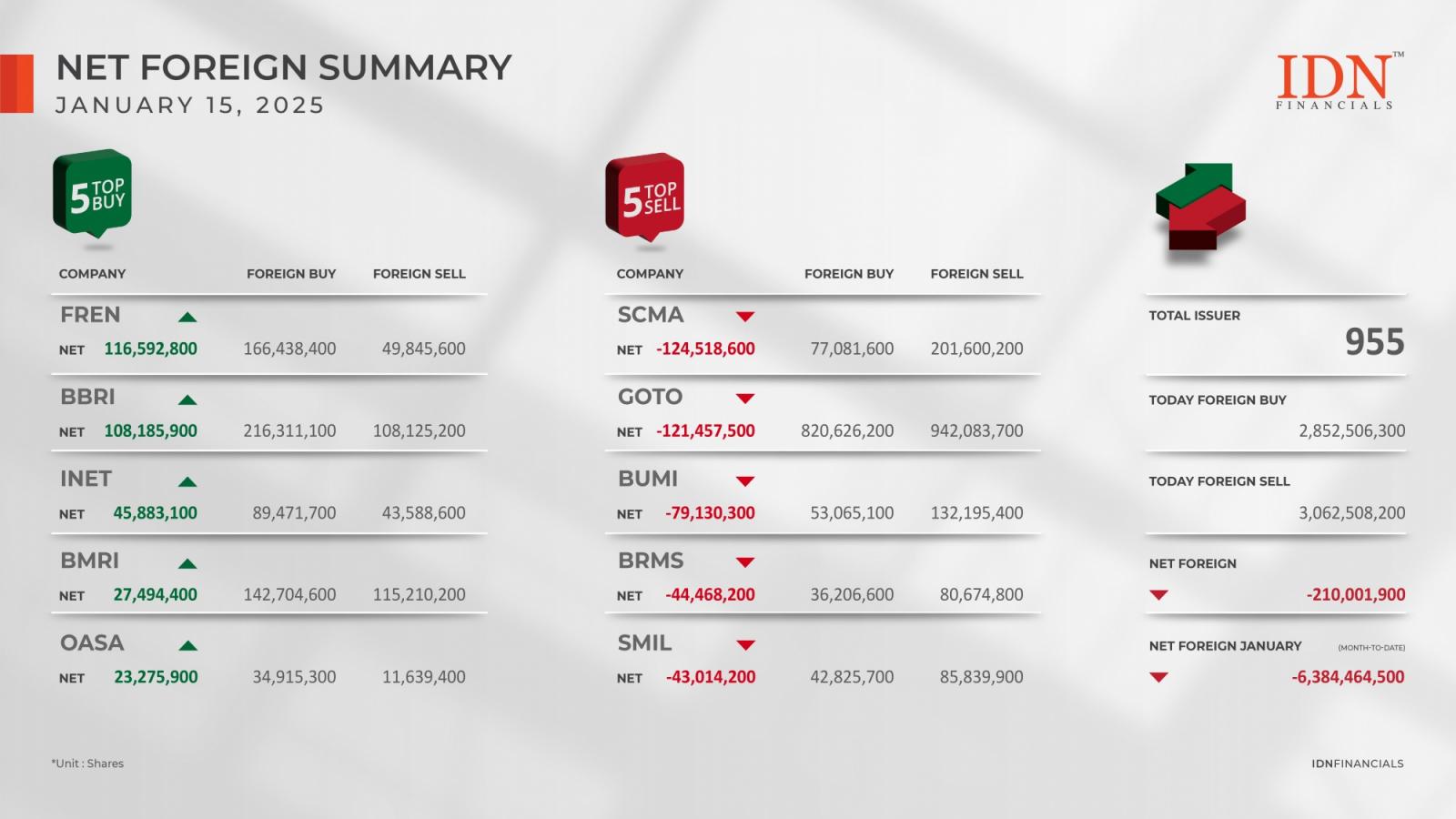PURCHASE, N.Y. - Cognition Therapeutics, Inc. (NASDAQ:CGTX), a clinical-stage biopharmaceutical company, has announced the pricing of its underwritten public stock offering. The company has set the price at $1.75 per share for 6,571,428 shares. In addition, the underwriters have been granted a 30-day option to purchase up to an additional 985,714 shares under the same terms and conditions. The offering is expected to close on March 14, 2024, contingent upon meeting customary closing conditions.
The proceeds from the offering, which are anticipated to total approximately $11.5 million before deductions for underwriting discounts and commissions and other estimated offering expenses, are intended to support various corporate activities. These include funding research and clinical development of the company\'s neurodegenerative disease product candidates, manufacturing processes, working capital, capital expenditures, and other general corporate purposes.
Titan Partners Group, a division of American Capital Partners, is serving as the sole book-running manager for this offering. The offering is made under an effective shelf registration statement filed with the U.S. Securities and Exchange Commission (SEC) on December 23, 2022, and declared effective on January 3, 2023. The securities are offered solely by a prospectus and a prospectus supplement that are part of the registration statement. A preliminary prospectus supplement related to the offering was filed with the SEC on March 11, 2024.
Cognition Therapeutics is primarily focused on the development of small molecule therapeutics for age-related degenerative disorders affecting the central nervous system and retina. Its lead candidate, CT1812, is under investigation in clinical programs targeting Alzheimer’s disease, dementia with Lewy bodies (DLB), and dry age-related macular degeneration (dry AMD (NASDAQ:AMD)). The company believes that its approach, which involves modulating the σ-2 receptor, is distinct from other clinical development strategies for treating degenerative diseases.
This article was generated with the support of AI and reviewed by an editor. For more information see our T&C.





